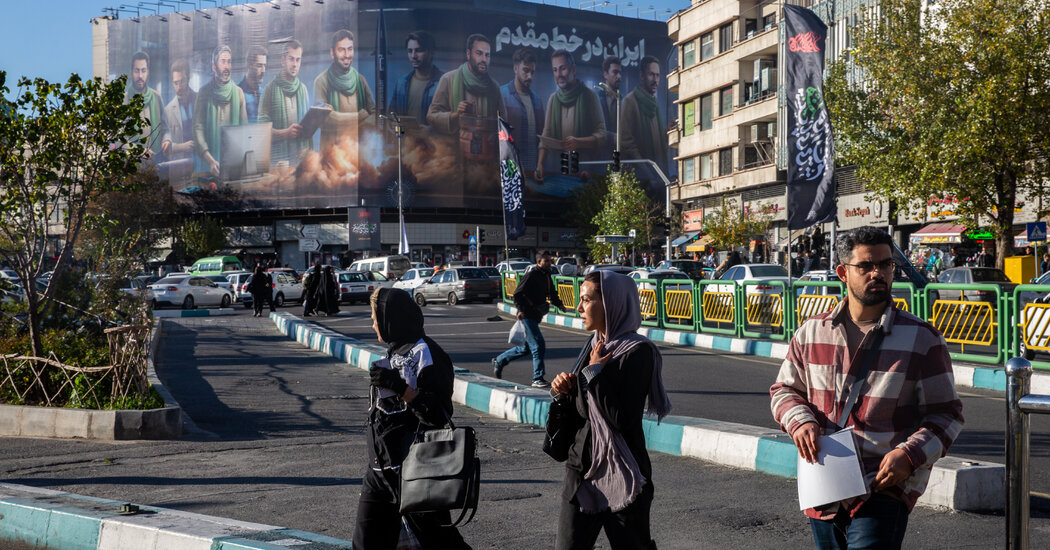News Analysis
Expected talks between Iran and the United States would be a late, and perhaps last, opportunity to control Tehran’s nuclear ambitions and avoid war.
Steven Erlanger has covered talks on Iran’s nuclear program for many years and reported from Berlin.
Talks between the United States and Iran, which President Trump said on Monday would begin on Saturday in Oman, face considerable problems of substance and well-earned mistrust.
But time is short for what is likely to be a complicated negotiation.
“We’re at a fork in the road, heading toward a crisis,” said Sanam Vakil, the director of the Middle East and North Africa Program at Chatham House.
While Mr. Trump has recently threatened Iran with “bombing the likes of which they have never seen before,” he has also made it clear that he prefers a diplomatic deal. That reassurance — made in the Oval Office sitting next to Prime Minister Benjamin Netanyahu of Israel, who has pressed for military action — will be welcomed widely in the Arab world.
Even if the target is the Islamic Republic of Iran, with all of its ambitions for regional hegemony, Arab countries from Egypt through the Gulf fear the economic and social consequences of an American and Israeli war, especially as the killing in Gaza continues.
But Mr. Trump’s public demands — that Iran stop nuclear enrichment, hand over its large supply of enriched uranium and destroy its existing nuclear facilities — will almost surely be rejected by Ayatollah Ali Khamenei, Iran’s supreme leader, as an unacceptable humiliation and surrender. How far both sides are willing to compromise is unclear, but Mr. Trump is well known for making ultimate demands at the start and then searching for a deal.
This weekend’s talks are expected to be at a high level and include Iran’s foreign minister, Abbas Araghchi, and reportedly Steve Witkoff, Mr. Trump’s special envoy for the Middle East, Russia and much else. While the two sides disagree on whether these initial talks will be “direct,” as Mr. Trump said, or “indirect” through intermediaries, as Iran said, it will not matter very much, given the importance of the two men.
We are having trouble retrieving the article content.
Please enable JavaScript in your browser settings.
Thank you for your patience while we verify access. If you are in Reader mode please exit and your Times account, or for all of The Times.
Thank you for your patience while we verify access.
Want all of The Times? .
Source: www.nytimes.com
